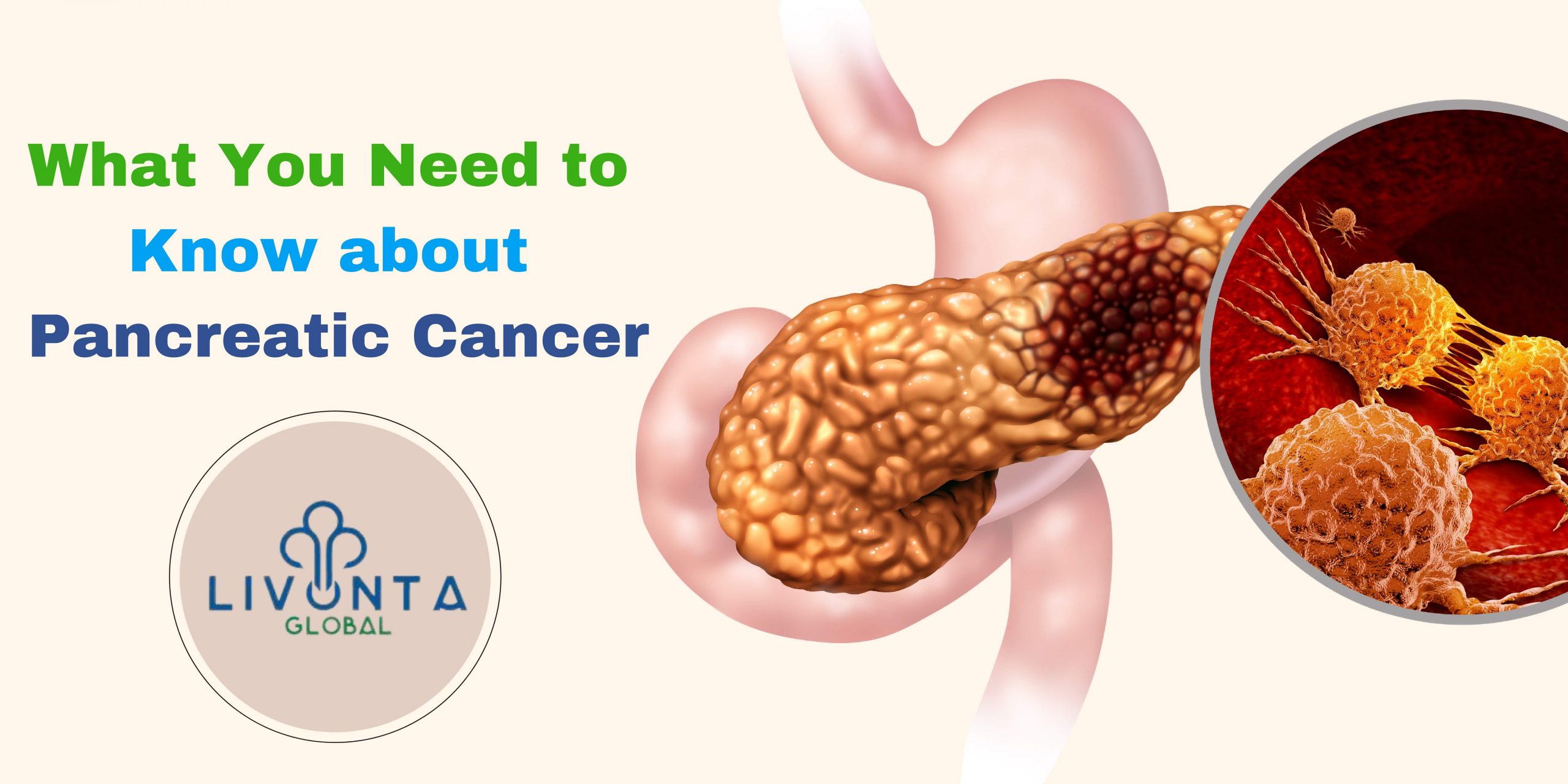
What You Need to Know about Pancreatic Cancer?
Pancreatic cancer is a fairly rare malignancy that few people are familiar with. It ranks 14th in terms of incidence and 7th in terms of death on a global scale, and the incidence rate is much lower in India. However, we cannot deny the fact that, while cancer is infrequent in our country, it does afflict people, making it critical to raise awareness about the disease.
What is Pancreatic Cancer?
Pancreatic cancer is a type of cancer that develops in the cells and tissues of the pancreas, which is positioned right behind the bottom region of the stomach and is essential for creating key enzymes for metabolism and blood sugar regulation. The most prevalent type of pancreatic cancer is pancreatic ductal adenocarcinoma, which starts in the cells that line the ducts that carry digestive enzymes out of the pancreas. Pancreatic cancer can be effectively treated by the experts of cancer treatment in India without substantial difficulties if identified early; unfortunately, in the majority of instances, it is detected late.
According to an expert specializing in pancreatic transplants in India, this could be because many people with the disease do not have any symptoms at all, and indications only appear after the cancer has spread to other parts of the body. There are many therapy choices for controlling pancreatic cancer at best cancer treatment in India, although the type of treatment differs from person to person depending on a variety of factors such as the patient’s age and cancer stage.
Symptoms
When one of our organs isn’t working properly, our bodies produce symptoms to let us know something is wrong. When it comes to pancreatic cancer, symptoms usually appear after the cancer has progressed to an advanced stage. Top doctors for pancreas transplant have highlighted the most common symptoms connected with pancreatic cancer-
Abdominal pain that extends to the back and the nearby region
- Appetite loss that is sudden and inexplicable
- Unintentional weight loss
- Jaundice – is characterized by a yellowing of the skin and eyes.
- Stools that are light and urine that is black
- Rashes and itching on the skin
- Diabetic onset or complexity treating diabetes that already exists
- Weakness and weariness throughout the body
- Clotting
What Might Have Caused It?
Although the exact origin of pancreatic cancer is unknown, many known risk factors have been identified that put you at a higher chance of developing the disease. Before we go over these factors, it’s crucial to remember that pancreatic cancer is caused by aberrant mutations in pancreatic cells’ DNA, which cause them to grow and multiply uncontrollably. The risk factors for pancreatic cancer are known to cause alterations or raise the likelihood of the disease. These are some of them:
- Tobacco use (smoking and other tobacco products)
- Diabetes that isn’t appropriately controlled
- Pre-existing conditions such as pancreatitis, which is characterized by pancreatic inflammation.
- Pancreatic cancer in the family or specific hereditary diseases such as Lynch syndrome, BRCA2, and FAMMM.
- Obesity or being overweight
- Being 65 years old or older
Can you Prevent Pancreatic Cancer?
Although you cannot totally eliminate the risk of cancer, you can significantly reduce it by making a few simple and healthy lifestyle changes.
Proper nutrition is a good place to start. A strong risk factor for pancreatic cancer is obesity, therefore keeping an eye on the scale and ensuring that your BMI is in the healthy range is critical.
Don’t smoke or use any other tobacco products. You can always seek assistance if you are having trouble quitting the habit.
Consume healthy foods because what you eat has an impact on your entire health. Obesity and unhealthy eating habits make it difficult to manage diabetes, which can lead to an increased risk of pancreatic cancer.
Cancer TreatmentTags: Pancreatic cancer, pancreatic cancer life expectancy, Symptoms of Pancreatic Cancer

